Autoimmune Brain Inflammation with 'Psychiatric Manifestations' Following Pfizer COVID-19 Injection: New Case Report in 'Archives of Clinical Neuropsychology'
Patient with no psychiatric history suffers "temporal seizure, associated with confusion and memory loss" as well as "disorientation and altered thought contents" after second jab.
A new case report published Saturday in the peer-reviewed journal Archives of Clinical Neuropsychology confirms a diagnosis of autoimmune encephalitis following injection of Pfizer Inc.’s mRNA SARS-CoV-2 shot.
Follow Jon Fleetwood on Instagram @realjonfleetwood / Twitter @JonMFleetwood
Autoimmune encephalitis (AE) is a type of brain inflammation where the body’s immune system attacks healthy cells and tissues in the brain or spinal cord.
Pfizer’s safety data—only made available by order of a Texas federal judge—show the company and the U.S. Food & Drug Administration (FDA) were aware that encephalitis was linked to its jab before making it available to the public.

According to the new case report, a 26-year-old Italian man began to experience cognitive deficits, behavioral changes, seizures, and pyramidal signs less than 40 days after he received a second dose of Pfizer-BioNTech’s mRNA COVID jab.
“Symptoms first appeared in February 2022 with a temporal seizure, associated with confusion and memory loss,” the report reads. “Psychiatric manifestations such as disorientation and altered thought contents emerged soon after.”
Significantly, the patient had no psychiatric issues in his history.
He had received the Pfizer shot the month prior, in January.
By Feb 12, he had been admitted to a neurology department “following the occurrence of episodes of confusion and memory loss upon waking.”
A diagnosis of “right temporal seizure” was made and antiepileptic therapy (levetiracetam) was started.
Although the patient was discharged from the hospital on Feb 17, he later returned to the emergency department “presenting with agitation and confusion.”
The anti-seizure drug was switched to oxcarbazepine because of “suspected psychiatric side effects of levetiracetam.”
The patient’s brother reported “the onset of a confusional state and behavioral alterations.”
“One week later, the patient was admitted to the psychiatric ward, under compulsory outpatient treatment, for worsening psychiatric symptomatology,” the report reads.
The male patient presented with “altered mental status characterized by persecutory ideation—belief that he was drugged by a third person and forced into sexual intercourse—disorientation, and psychomotor agitation.”
His mood was “dysphoric and anxiety high.”
He was moved to the neurology department for further examination.
Follow Jon Fleetwood on Instagram @realjonfleetwood / Twitter @JonMFleetwood
From Feb 24 to April 8, therapy with oxcarbazepine and risperidone was administered during hospitalization.
“[B]ut the patient showed worsening of mental status with drowsiness, disorientation, and confusion, and pyramidal signs (limb spasticity, bilateral Babinski sign),” the study authors note.
Neuropsychological evaluation showed a profile characterized by “general cognitive impairment that involved instrumental domains (i.e. the elementary cognitive abilities essential for interaction with the environment, such as language, action, and visuospatial abilities) and non-instrumental domains (i.e. the high-level cognitive processes, such as executive functions, attention, and memory).”
High-dose steroid therapy was introduced on March 11, which improved the neurological condition.
However, the patient had lost his memory of what happened to him over the prior month.
He was confused about recent events and medical history, and also showed significant difficulty in forming new memories, barely improving even with hints.
“Autobiographical memory was only partially preserved; the patient was able to report personal details, but seemed confused when it came to the events of the past month and his medical history,” the study reads.
“Anterograde memory was also severely impaired: In the learning subtest of the Montreal Cognitive Assessment (MoCA), the patient was unable to recall any words, and performance improved a little on semantic cues.”
The patient was discharged from the neurology department on April 8, a total of 44 days after admission, with a diagnosis of autoimmune encephalitis.
A follow-up psychiatric, cognitive, and neuroimaging evaluation was performed in the following months.
An EEG (electroencephalogram) revealed brain “abnormalities.”
“The EEG trace showed modest bilateral encephalic bioelectric abnormalities, with possible irritative connotation. Specifically, irregular theta slowing was observed on bilateral frontal regions; sporadic isolated, polymorphic sharp waves with greater expression on right hemispheric regions were also found,” the report explains.
Deficits in memory, executive, and visuoconstructive domains were still present at a follow-up neuropsychological assessment in June 2022:
A general impairment of executive functions was observed, with working memory processes (phonological and visuospatial components), verbal abstraction and reasoning skills, cognitive flexibility, set-shifting, planning skills, and information processing speed being severely impaired. Anterograde memory was still compromised. In a verbal memory task (non-organizable lists), performance was moderately impaired in both immediate and delayed free recall but improved in the recognition task. Qualitative analysis of performance detected some intrusions. Moreover, the patient did not appear to be able to apply efficient encoding strategies; indeed, the performance improved in delayed free recall on the semantic-organizable verbal task. Similar difficulties emerged in the recall of visuospatial information in a visuoconstructive task. It could therefore be assumed that executive dysfunctions impaired normal memory performance, at least to some extent.
The authors conclude by emphasizing the importance of comprehensive neuropsychological evaluations for diagnosing all types of autoimmune encephalitis, including those that emerge post-COVID injection.
Their affiliations include:
Department of Psychology, University of Turin, Turin, Italy.
Clinical Psychology Unit, Città della Salute e della Scienza Hospital, Turin, Italy.
Department of Neurological Science, Città della Salute e della Scienza Hospital, Turin, Italy.
Follow Jon Fleetwood on Instagram @realjonfleetwood / Twitter @JonMFleetwood
COVID-Vaccinated 4x's More Likely to Have Neurological Symptoms: 'Increased Risk of Functional Neurological Disorders Following SARS-CoV-2 Vaccination' (European Journal of Neurology)
A new peer-reviewed study published Tuesday in the European Journal of Neurology evaluated the link between SARS-CoV-2 vaccines and the onset of neurological syndromes. Significantly, the Italian researchers were attempting to “challenge” the association between COVID-19 vaccines and the onset of acute functional neurological disorders (FNDs) in hospita…
'Autism-Like Behaviors' in Offspring of COVID-Vaccinated Pregnant Rats: Journal 'Neurochemical Research'
A new study published online Wednesday ahead of print in Neurochemical Research confirms COVID-19 mRNA vaccines “significantly” alter gene expression and brain cells and produce “autism-like behaviors” and reduced social interaction in rats. “Concerns have arisen about the potential neurodevelopmental implications of these vaccines, especially in suscept…
Serious Cardiovascular, Respiratory, Immune, Digestive, Nervous System Conditions 'Are Associated with Primary Vaccination Using COVID-19 mRNA Vaccines': Peer-Reviewed Journal 'Vaccine: X'
Authors of a new peer-reviewed study published this month in the journal Vaccine: X performed a nationwide post-market COVID-19 mRNA vaccine safety surveillance analysis in Singapore. The study investigated data regarding the BNT162b2 (Pfizer-BioNTech/ Comirnaty) and mRNA-1273 (Moderna/ Spikevax) jabs.
Study of 99 Million COVID-Vaccinated Confirms Increased Risk for Cardiovascular and Neurological Disorders: Journal 'Vaccine'
A new study published this month in Vaccine analyzed an unprecedented 99,068,901 individuals vaccinated for COVID-19.
Autoimmune Disease, Rheumatoid Arthritis, Neurological Complications Linked to COVID Vaccine: Journal 'Current Medical Research and Opinion'
A pre-print version of a study made available online Tuesday in Current Medical Research and Opinion found an association between COVID-19 vaccination and the development of chronic illnesses, including autoimmune diseases and rheumatoid arthritis. The study authors noted that individuals living in Jordan who had been recently diagnosed with chronic illn…
Higher Risk of Bell's Palsy Following COVID-19 Vaccination Compared to Infection Alone: Journal 'Oral Diseases'
A new preprint study published online Thursday in Oral Diseases confirmed COVID-19 vaccination was associated with increased risk for Bell’s palsy (BP), the paralysis of the facial muscles on one side of the face. The researchers conducted a retrospective cohort study of patients visiting the University of Florida from October 2015 to October 2022.
200% Spike in Pharmaceutical Drug Injuries Between 2020 and 2021 'Due to the Massive Inclusion of COVID-19 Vaccine Reports': Journal 'Scientific Reports'
A new peer-reviewed study from Scientific Reports analyzed adverse events (AEs) linked to COVID-19 vaccines within multiple spontaneous reporting systems (SRSs) used to track injuries related to pharmaceutical drugs. The study authors looked at three adverse event reporting systems: the World Health Organisation (WHO) global individual case safety report…
Risk of Guillain Barré Syndrome 6 Times Higher After mRNA COVID-19 Vaccination—7 Times Higher After Second Jab: Journal 'PLOS ONE'
A new study published on Friday in PLOS ONE found an increased risk of Guillain Barré Syndrome (GBS) following mRNA COVID-19 vaccinations.


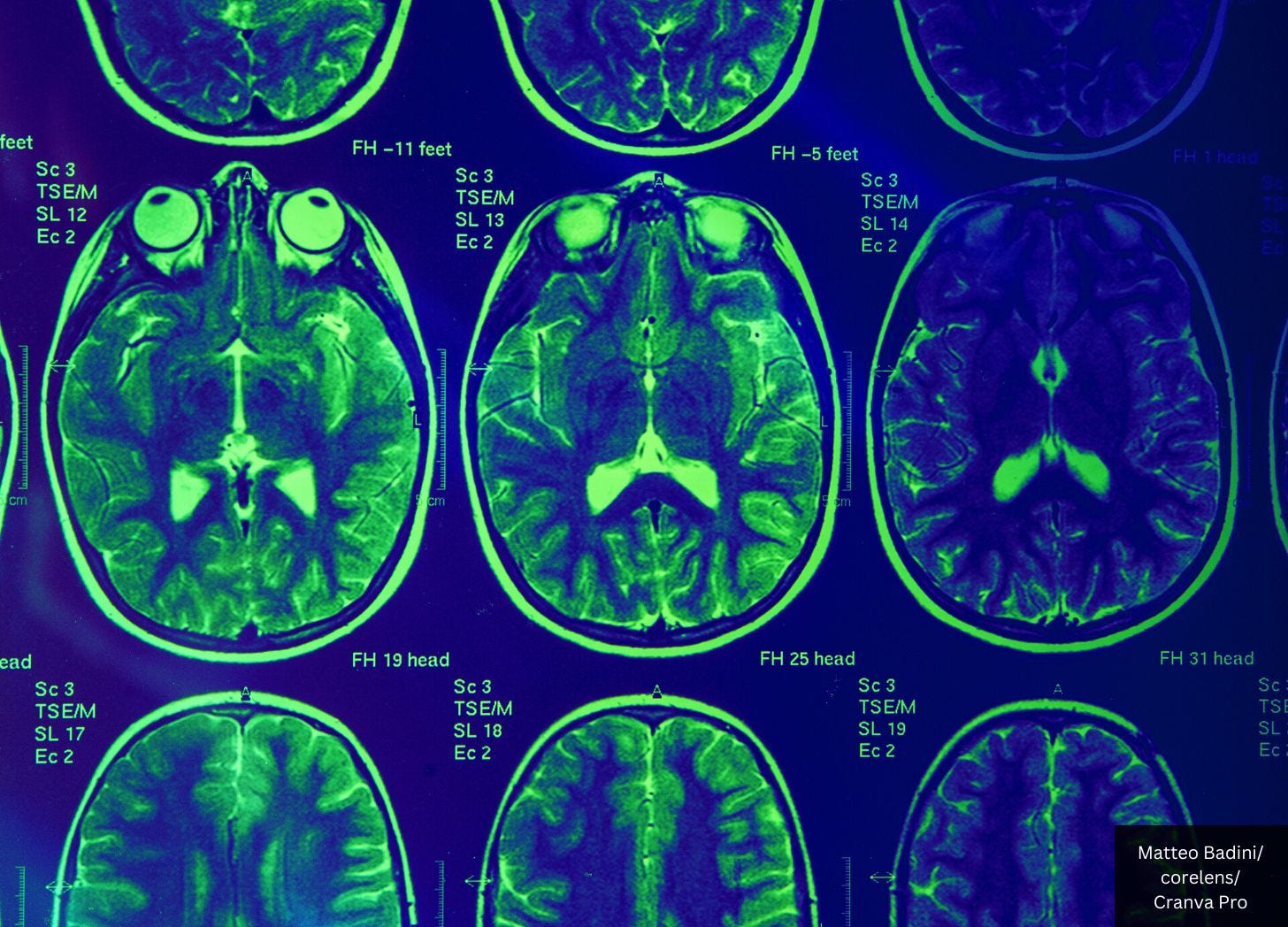
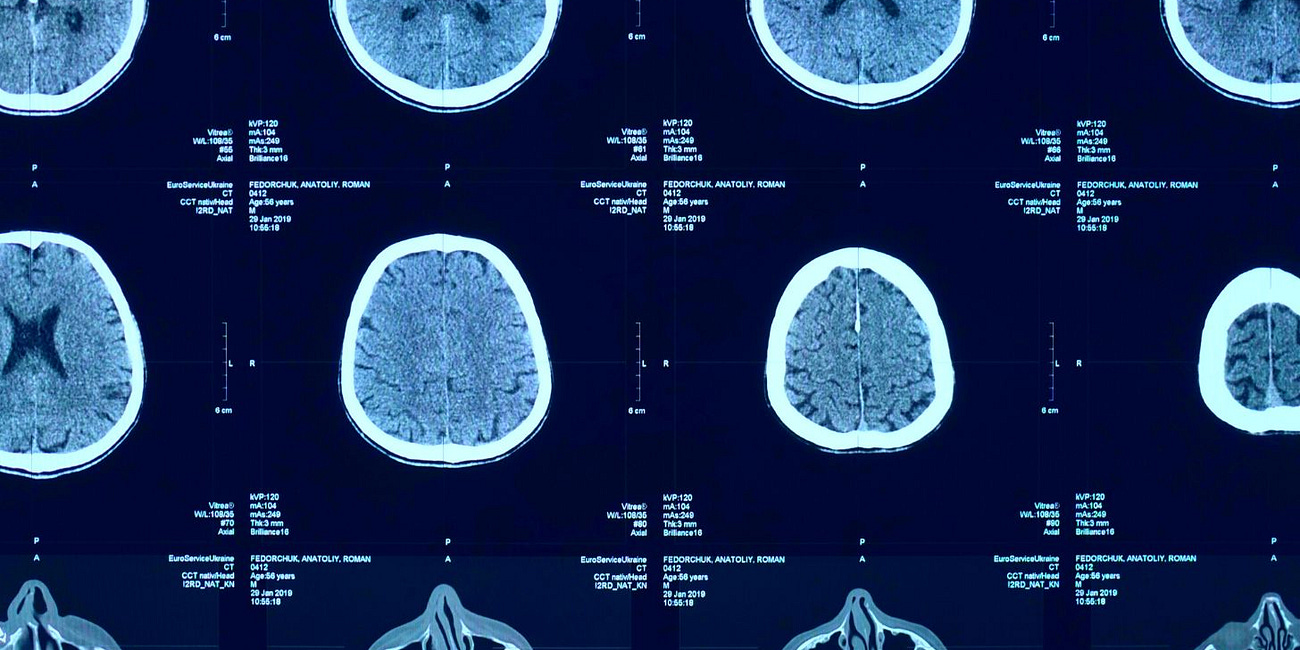
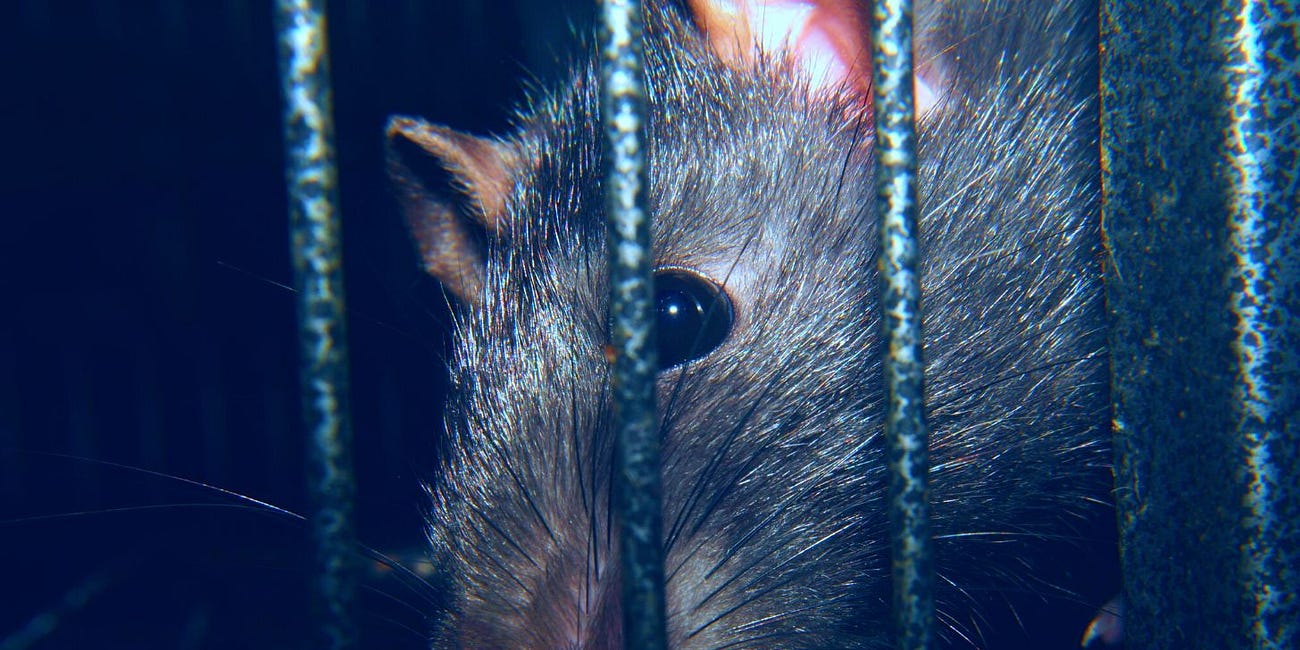
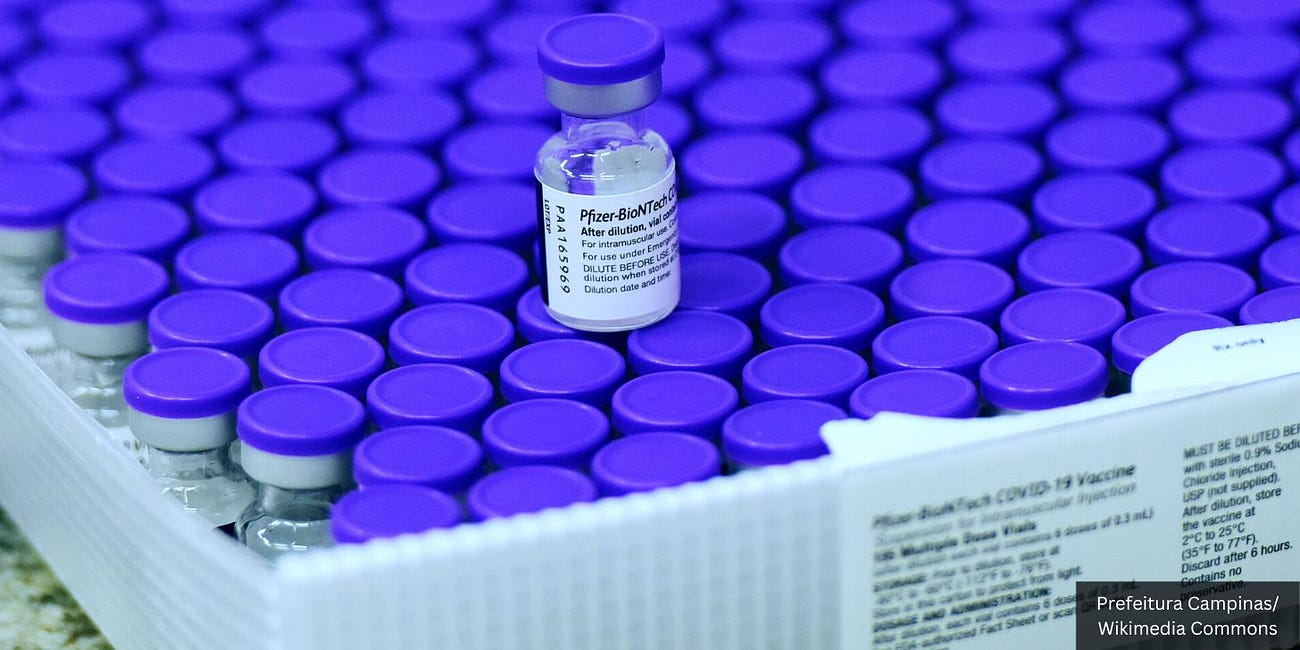

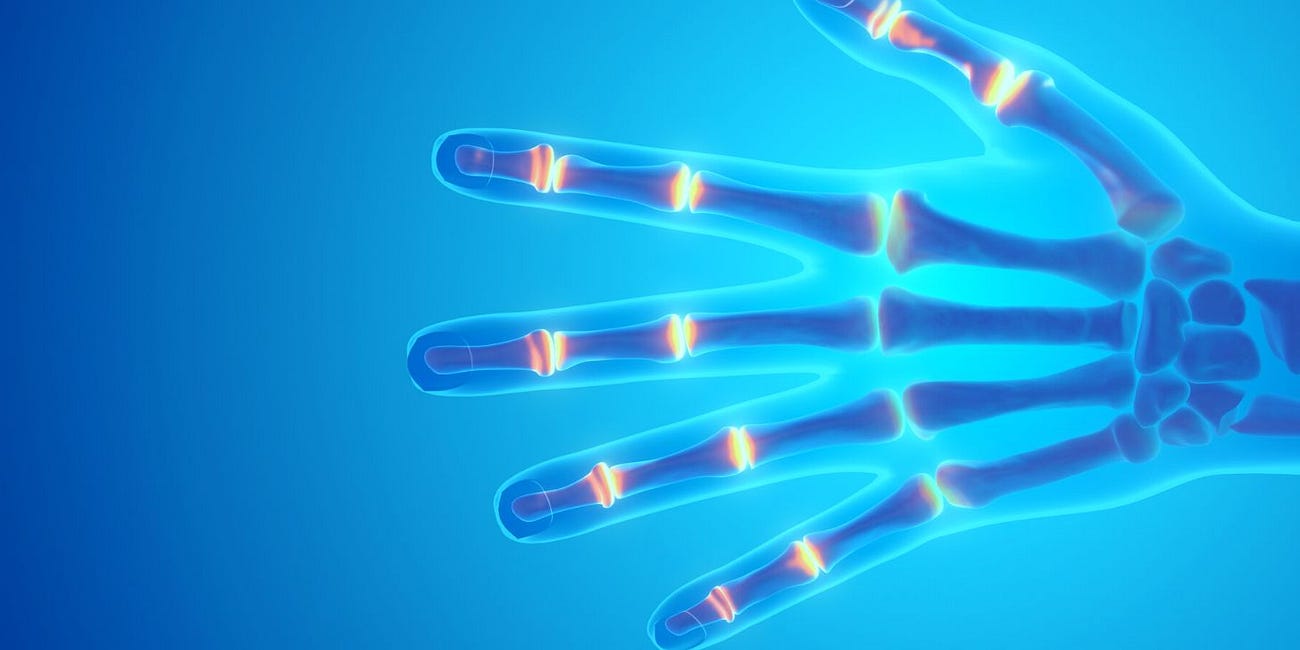



So disturbing. Seems consistent with what Dr Michael Nehls describes in his book The Indoctrinated Brain.
https://michaelnehls.substack.com/p/neuro-warfare-engineering-consent
It was too steal an election,conditioning, and part of there depopulation agenda. These meds for mental illness in general are a disaster they only make situations worst. And they put patients in a zombie like state. I know I had a now deceased brother who had phizoprenia. And the meds were and are a disaster. After covid jabs no different for any mental illness erc